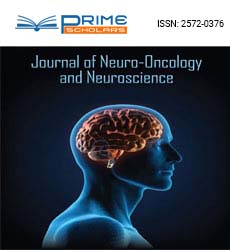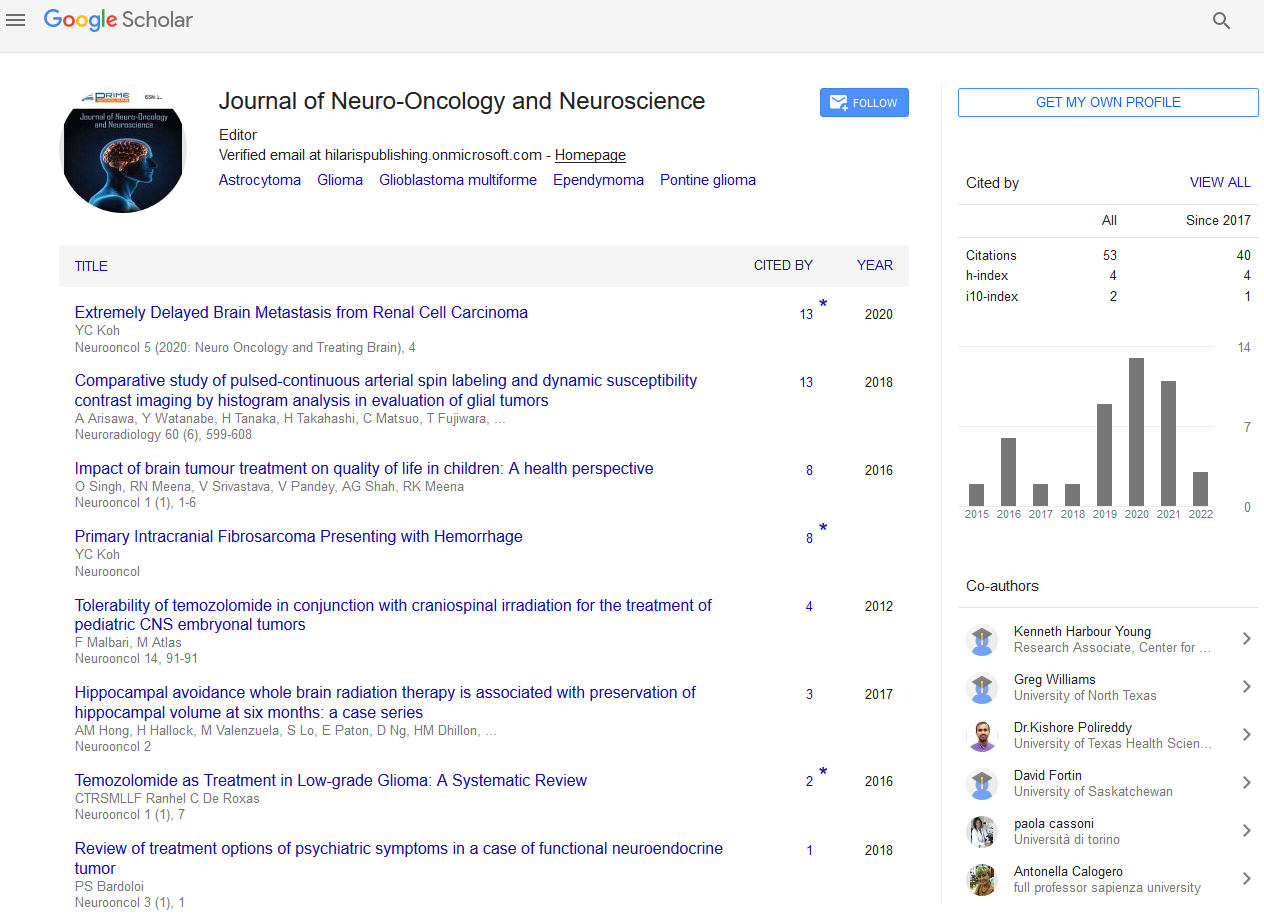Description
Dementia may be a term to describe a group of
symptoms affecting memory, thinking and social abilities
severely enough to interfere along with your lifestyle. It's not a
selected disease, but several diseases can cause dementia.
Though dementia generally involves amnesia, cognitive state
has different causes. Having cognitive state alone doesn't
suggest you've got dementia, although it's often one in every of
the first signs of the condition.
What is dementia?
Dementia may be a loss of mental functions that's severe
enough to affect your everyday life and activities. These
functions include
1. Memory
2. Language skills
3. Seeing (your ability to create sense of what you see)
4. Problem solving
5. Trouble with everyday tasks
6. The power to focus and concentrate.
It is normal to become a small amount more forgetful at your
age. But dementia sin't a traditional ap art of aging, it's a
significant disorder which interferes along with your lifestyle.
What are the types of dementia?
The most widely known styles of dementia are referred to as
neurodegenerative issues. These are illnesses within which the
cells of the mind quit working or pass away. They include:
Alzheimer's disease, which is that the most well-known sort of
dementia among gone through individuals. Individuals with
Alzheimer's have plaques and tangles in their mind. These are
unusual form ups of varied proteins. Beta-amyloid protein
clusters up and structures plaques within the middle of your
synapses. Tau protein develops and frames tangles inside the
nerve cells of your brain. there's additionally a deficiency of
association between nerve cells within the brain.
Lewy body dementia, which causes movement symptoms
together with dementia. Lewy bodies are abnormal deposits of a
protein within the brain.
Who is at risk for dementia?
Certain factors can raise your risk for developing dementia,
including:
1. Aging. this is often the most important risk factor
for dementia.
2. Smoking.
3. Uncontrolled diabetes.
4. High pressure.
5. Drinking an excessive amount of alcohol.
6. Having close relations who have dementia.
What are the symptoms of dementia?
The symptoms of dementia can vary betting on which parts of
the brain are affected. Often, forgetfulness is that the first
symptom. Dementia also causes problems with the flexibility to
think, problem solve, and reason. as an example, individuals
with dementia may:
1. Wander off in a very familiar neighbourhood.
2. Use unusual words to consult with familiar objects.
3. Forget the name of a detailed loved one or friend.
4. Forget old memories.
5. Need help of doing tasks that they accostumed handling
themselves.
Certain individuals with dementia can't handle their feelings
and their emotions might change. They could become
unconcerned, implying that they're presently not intrigued by
ordinary day by day activities or events. They could lose their
inhibitions and quit thinking often about others' feelings.
Kinds of dementia can likewise cause issues with balance
and development.
The phases of dementia range from gentle to serious. within
the mildest stage, it's simply getting down to influence
somebody's functioning. Within the most serious stage, the
individual is completely reliant upon others for care.
How is dementia diagnosed?
Your health care provider may use many tools to create a
diagnosis:
1. A medical record, which incorporates asking about your
symptoms
2. A physical exam
3. Tests of your thinking, memory, and language abilities
4. Other tests, like blood tests, genetic tests, and brain scans
5. A psychological state evaluation to determine whether a
disorder is contributing to your symptoms
What are the treatments for dementia?
There is no solution for many forms of dementia, including
Alzheimer's sickness and Lewy body dementia. Medicines might
assist with maintaining with mentality longer manage behavioural symptoms and impede the symptoms of disease.
They will include:
1. Medicines may briefly further develop memory and
thinking or slow down their decrease. They solely
add certain individuals. Other medicines can treat
symptoms like anxiety, depression, sleep problems, and
muscle stiffness. A number of these medicines can cause
strong side effects in people with dementia. It's
important to speak to your health care provider about
which medicines are safe for you.
2. Physiotherapy to assist find ways to try and do
everyday activities more easily.
3. Psychological state counselling to assist people with
dementia and their families find out how to manage
difficult emotions and behaviours. It may help them plan
for the longer term.
4. Music or art therapy to scale back anxiety and improve
well-being.

